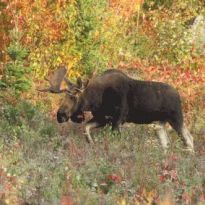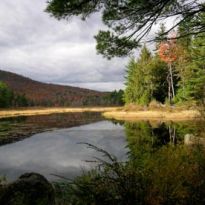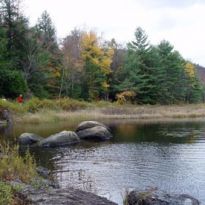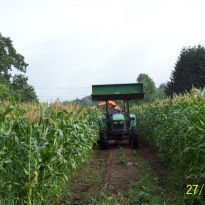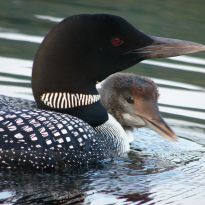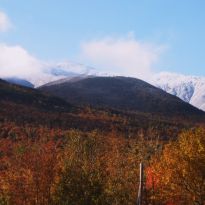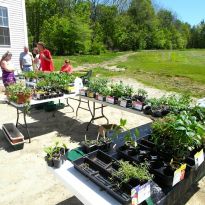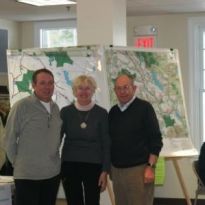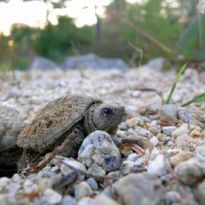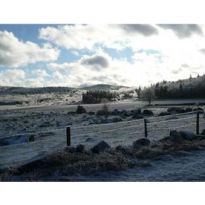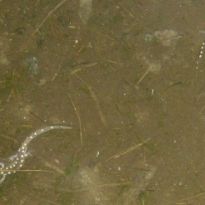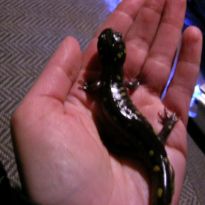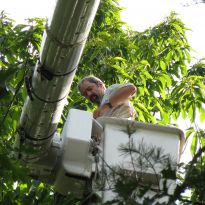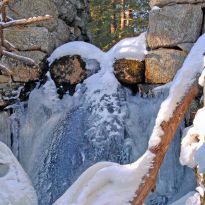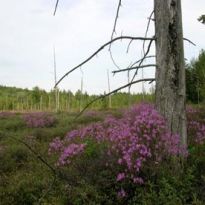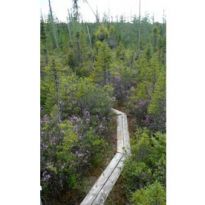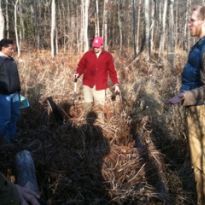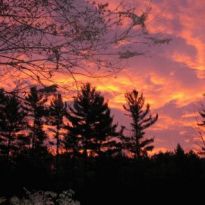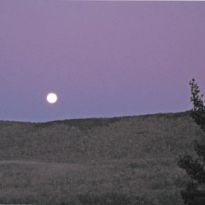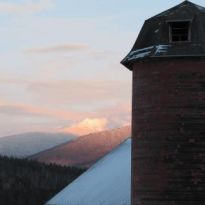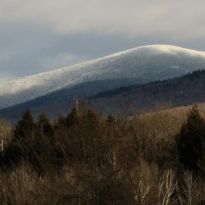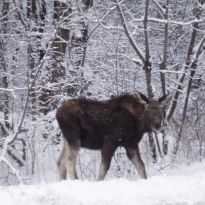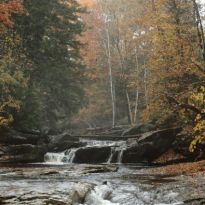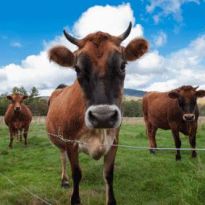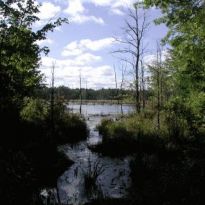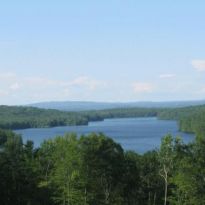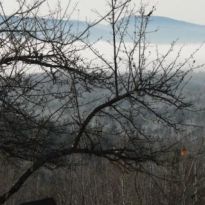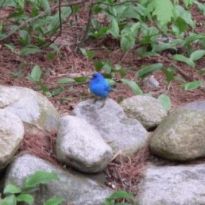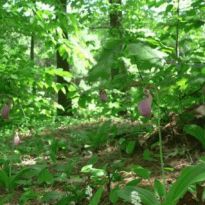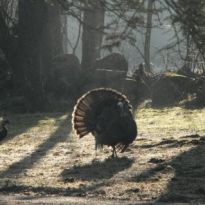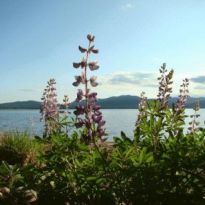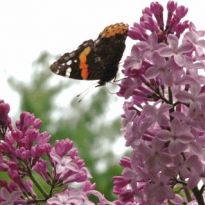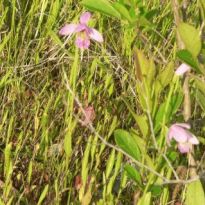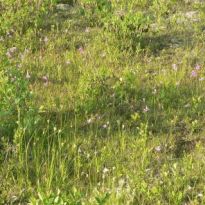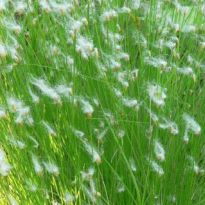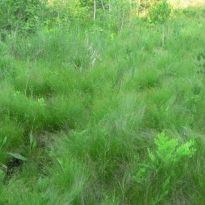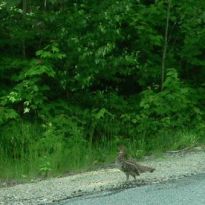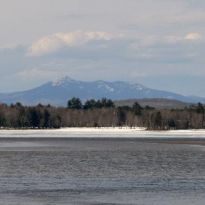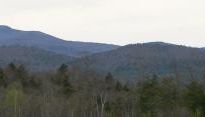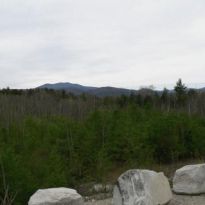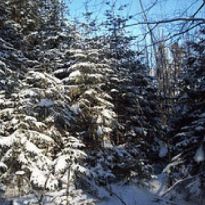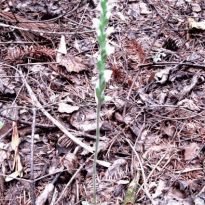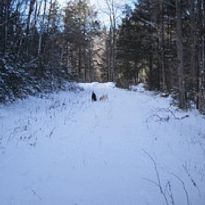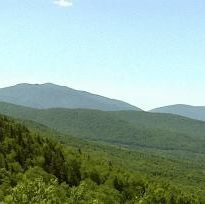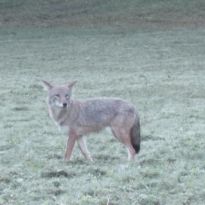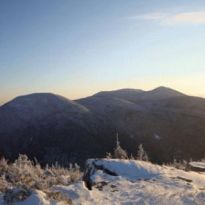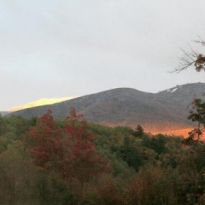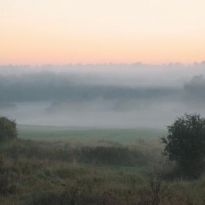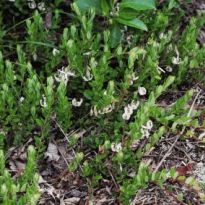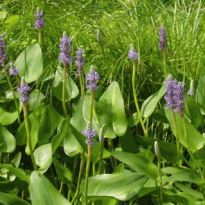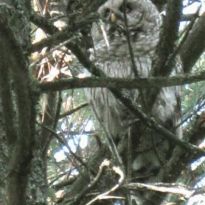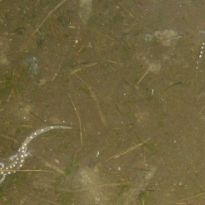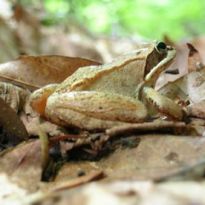Photo Credit: Duane Cross
Submitted By: Easton
WHAT DOES
NHACC Do?
The NH Association of Conservation Commissions is the only nonprofit organization dedicated to providing support, education, and advocacy to conservation commissions, so they can be successful in protecting natural resources.
WHAT DO
Conservation Commissions do?
Conservation commissions are local volunteers who work to study and protect natural resources. NH’s Conservation commissions have the responsibility to ensure the thoughtful and appropriate use of NH's natural resources through a variety of tools and techniques.
HOW
You Can Help.
Volunteer.
Invest In Your Local Community.
Consider Land Conservation.
And Above All - VOTE!
Click here to read about the many ways that you can help conservation in New Hampshire.
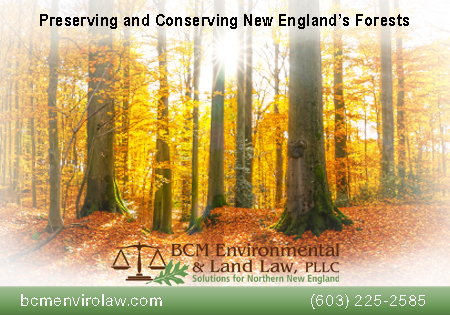
Conservation News and Events
NHACC has been updating our website content and format. We will have a new website with expanded member information and resources. Check back in August for our updates.
Legislative Update June 2022
At NHACC, we work to make sure your voice is heard in Concord. We have a board legislative committee to review bills and make recommendations on upcoming legislation. We coordinate with partners working on similar issues. We testify in the legislature to ensure conservation commissions are represented. We are tracking several proposed bills that would affect natural resources in NH.
Several of the bills we have been following did not move forward because they were referred for further study, or killed. The list below features bills that have made it through both House and Senate.
Right-to-Know Laws
Both the Senate and House bills that proposed changes to the right-to-know laws to allow for remote meetings, and/or would have changed the requirement for a quorum, to be in person at a physical location were either killed or they were laid on the table. Conservation commissions must continue to meet in person at a physical location. Meetings may continue to be available to the public with remote access and members may attend remotely as long a quorum will be in person. NHACC supported all of the right-to-know bills that would have made it possible to hold remote meetings.
Guns on Town Land
The good news is that HB307 did not pass through a Committee of Conference, effectively killing the bill. NHACC strongly opposed this bill and sent letters to the Governor, and the House and Senate leaders. This bill would have prevent municipalities from managing their own property in a way that is appropriate for multiple interests of its citizens. This would have impacted a municipality’s ability to regulate guns in any way, even when public safety is in question. A last minute amendment to the bill removed the word ‘use’ from the bill which would have then allowed municipalities to adopt local ordinances regulating guns use on town lands. This bill, or one like it may be proposed next year so we will be watching to keep our members informed.
Cyanobacteria Study Committee
HB1066 went through several amendments and was retitled; requiring the commissioner of the department of environmental services to prepare a plan relative to cyanobacterial blooms in New Hampshire. This bill requires the commissioner of the Department of Environmental Services to prepare a plan relative to cyanobacterial blooms in New Hampshire. This bill passed through Committee of Conference with an amendment to create a Cyanobacteria Plan Advisory Committee. The version of the bill adopted by both houses can be found here.
Upland Invasive Species Program
SB267-FN-A establishing the upland invasive species program, program fund, and program coordinator in the Department of Agriculture, Markets, and Food. NHACC provided testimony in support of this bill at the Senate Energy and Natural Resources Committee. It establishes a program that would track the spread of invasive species and notify towns of infestations. Early detection is one of the best ways to control invasive species and having the state track species is a critical role for this new program. This bill went through several amendments was sent to a Committee of Conference to establish the final adopted version (now 1066) of the bill.
Off-highway recreational vehicles (OHRV)
HB 1109 allows municipalities to limit the use or operation of off-highway recreational vehicles (OHRV) on certain byways. This bill went through a committee of conference to establish a final version of the bill. The law now allows selectboards to make the final decision after a public hearing and notification to abutters in order for a municipality to authorize the use of Class IV, Class V and Class VI roads for trails. This bill allows the select board to regulate or close OHRV trails when they cause damage to abutting property or limits access to a road.
HB 1188 establishes a commission to study OHRV use in the state and clarifies certain towing statutes and was amended several time but was finally adopted by both House and Senate in this final version. This bill establishes a commission to study OHRV use in the state and requires the commission to submit annual reports and proposed legislation. This bill also makes changes to certain statutes related to the removal of abandoned vehicles by the state police.
 At the March 1965 Town Meetings, 18 towns established conservation commissions, including Bedford, Center Harbor, Durham, Epsom, Exeter, Francestown, Gilford, Hampton, Hampton Falls, Hollis, Hooksett, Littleton, Meredith, New London, Rindge, Rye, Salem and Sunapee. 50 years later we are still adding towns to the statewide list! Say hello to Roxbury, our state's newest conservation commission! With a population just a little over 200 residents, Roxbury is one of NH's smallest communities, but is certainly not without a passion for conservation! I asked Amy Bodwell, one of the organizing members, a few questions about how they got started:
At the March 1965 Town Meetings, 18 towns established conservation commissions, including Bedford, Center Harbor, Durham, Epsom, Exeter, Francestown, Gilford, Hampton, Hampton Falls, Hollis, Hooksett, Littleton, Meredith, New London, Rindge, Rye, Salem and Sunapee. 50 years later we are still adding towns to the statewide list! Say hello to Roxbury, our state's newest conservation commission! With a population just a little over 200 residents, Roxbury is one of NH's smallest communities, but is certainly not without a passion for conservation! I asked Amy Bodwell, one of the organizing members, a few questions about how they got started:
How did the idea to form a conservation commission come about?
I served on a Conservation Commission in Brookfield, IL for 10 years and loved it. I was disappointed Roxbury did not have one after moving here. But I ended up as head of the Planning Board and didn’t think about it again until Tom Duston [NHACC Board Member & Chesterfield Conservation Commission] approached me to see if we were interested. We are starting to collect wildlife information as Roxbury is under reported at the state level so we were already engaged in that activity.
 What do you think you might do first?
What do you think you might do first?
We have not met officially but the group of us talked about building a working relationship with the Keene Conservation Commission. Keene owns about 2700 acres of land in the middle of Roxbury for their watershed. We also talked about marking the town boundaries. We would like to do a natural resource inventory and that also means a good relationship with Keene. We hope to get better acquainted with easements as all the land in Roxbury is privately held other than the Keene land and we want to encourage people to consider those or be available if someone needs information. The town does not own any land except around town hall.
Why is conservation important for Roxbury?
The town is tiny and everyone wants to keep the rural characteristic here. Many of the folks I know here are into conservation. Whether a conservation commission is critical like it is in many towns, I’m not sure, but it feels good to be starting one.
Photo credit: Amy Bodwell
The Trust for Public Land released their much-anticipated report on NH's Return on Investment in Land Conservation. This study provides a fantastic resource for conservation commissions looking to promote and support land conservation efforts in their towns.
NHACC Membership
NHACC is the only organization specifically serving the needs of conservation commissions in New Hampshire.
PREVIEW EXCLUSIVE MEMBER BENEFITS >>
Member Photos
Attributes Slider Disabled in Composer






